Carter’s evolution as a player and his path forward from here.
The pressure that comes with the world famous black shirt may not have changed but Carter insists he has as a player – and continues to embrace change in his search for perfection.
“The game keeps evolving and you have to keep evolving with it, improving your game,” said Carter. “What you did 10 years ago is not going to work now. But we are very lucky that we have fantastic coaches, fantastic skill coaches, who are always pushing you and trying to make you improve each game. That is what we are all working on.”
How is today’s Carter different from the 21-year-old who made his international bow against Wales back in 2003? “I’ve got a lot more knowledge and can handle pressure a lot better than I could in the early years,” he said. “You have to really use that experience to keep you out of trouble, the more you play, the more you are going to understand so my game understanding is so much better than it was 10 years ago.“
One of the most gifted players of his or any generation, Carter insists hard graft has played a more significant part in his undoubted success. “Hard work is crucial,” he said. “You can have all the talent in the world but if you are not prepared to work at the highest level then that is a big part – you must always be striving to get better, be better, you can never rest on your laurels because you will find you are not around for long. Natural talent is important but it is about how you channel that to make sure you are getting the best week in, week out.”
Hard work may be the secret to Carter’s longevity but the All Blacks success but can perhaps be traced to a priceless never-say-die attitude that has earned them famously late victories like the dramatic win against Ireland in Dublin last year and the more recently victory over Australia in Brisbane.
“It is a combination of many things but first and foremost it is self belief within the squad,” insisted Carter. “If you have got one guy who does not believe you can do it you are going to fall over. That is a major strength of the side. There is this huge self belief, no matter what situation we find ourselves in, that if we back ourselves to get out of it we can. That mental strength has been shown on at least a couple of occasions in the last 12 months.”
In particular, Carter points to the example set by the leadership group of senior internationals in such scenarios. “The leaders drive that,” he insisted. “The players look to the leaders, see their confidence is still high, that they believe, and if they show in their body language then others will continue to keep throwing everything at it until it the final whistle.”When it comes to leading, Carter believes there are few to rival All Blacks skipper Richie McCaw who has been a near-constant companion throughout to of the most glittering careers the sport has ever seen.
“He is huge and I feel very lucky to have been able to call him a team-mate for so long,” said Carter. “He really motivates the people around him, his professionalism and how he just continues to have such high standards. Every time I play alongside him or see him play it really motivates me to want to so the same."
“He is a real leader for this side and to have done it for so long is a huge credit to the man himself, who he is, what he believes in, he is an inspirational leader and key part of this team.”
While McCaw ponders whether to call time on his career post World Cup, Carter has no intention of hanging up the sport’s most prolific pair of boots.
“I just want to keep playing as long as I can. I am still loving what I do and have that enjoyment,” vowed Carter who has not ruled out another sojourn overseas at the end of his current New Zealand Rugby Union contract that runs until the end of 2015.
“I have played in New Zealand for 12 years, next year will be my 13th and that’s a long time,” he added. “There’s a decision I need to make post-World Cup. To retire, to stay in New Zealand or go offshore.”
Carter may well opt to return to France following a previous sabbatical with Perpignan back in 2008-09 that was ended prematurely by an Achilles injury. “That is something I am thinking through at the moment,” he said.
“I loved it in France and got a great understanding of what French rugby is all about, the lifestyle, the demanding season and the enjoyment you can get playing in the European rugby scene. A lot of my mates have played in Japan, UK and we are always talking and more often than not they talk so highly of those competitions.”
Carter is unlikely to be short of lucrative offers come that day but those are not the kind of returns he is looking for right now.
“As long as I continue to work hard then I will get the rewards at some stage,” insisted a confident Carter. “That is my philosophy. It is about enjoying it, then you are going to want to get out of bed, work hard, and continue to strive for greatness.”
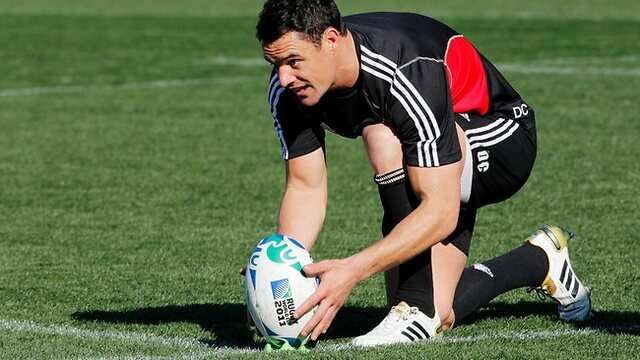
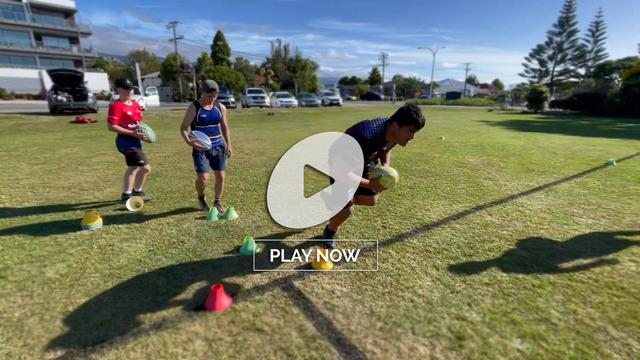

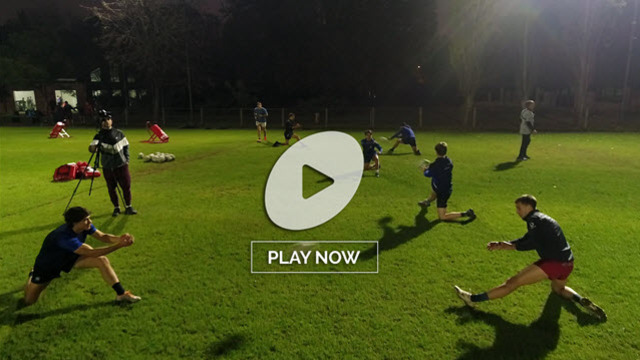
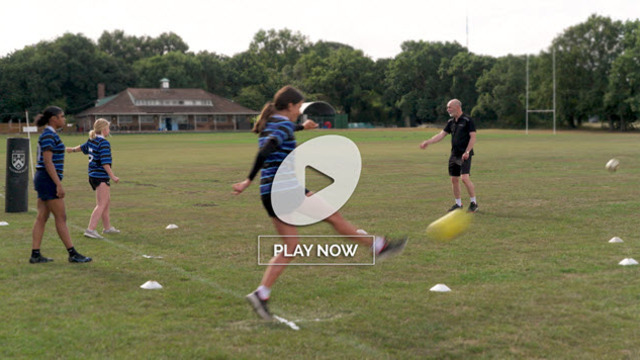
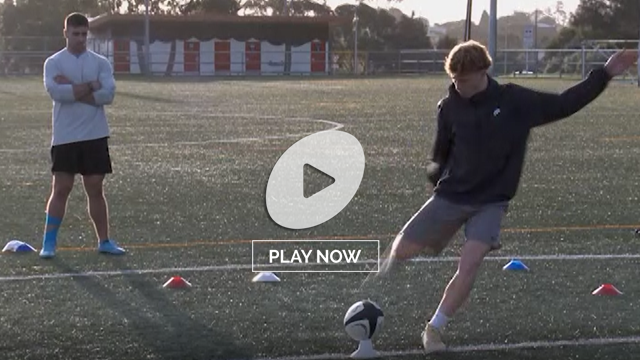


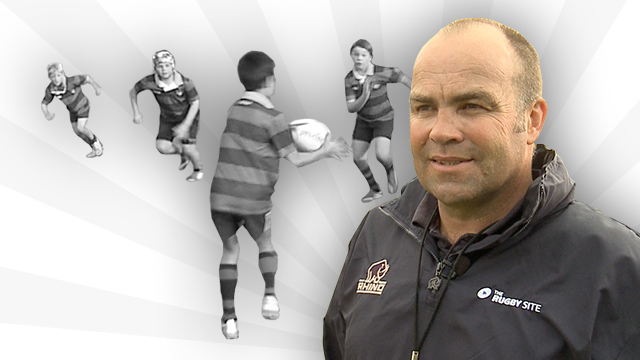
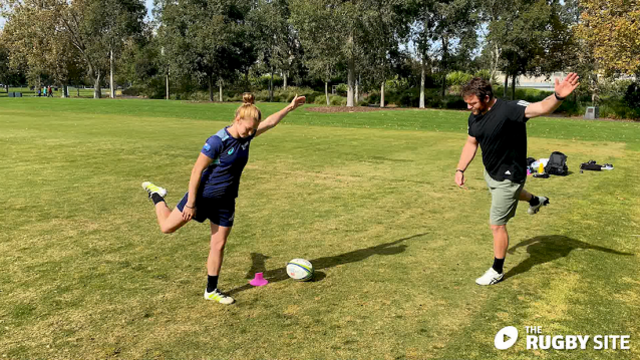

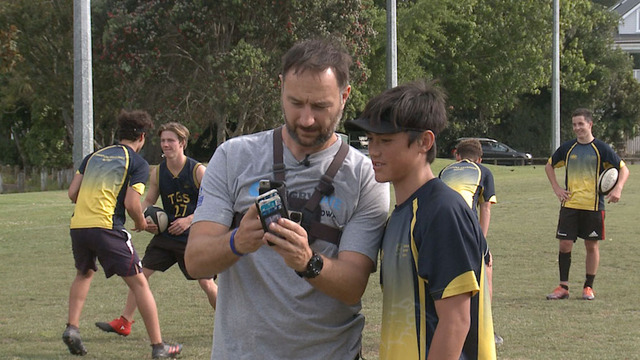
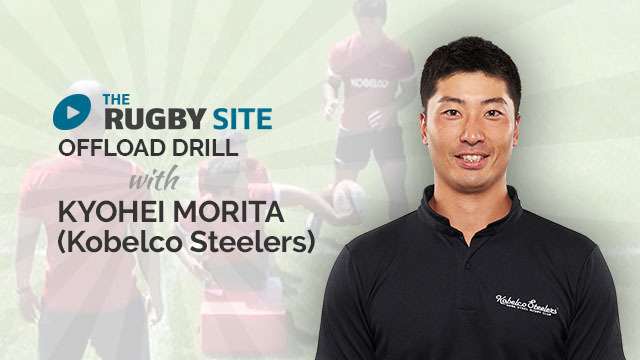
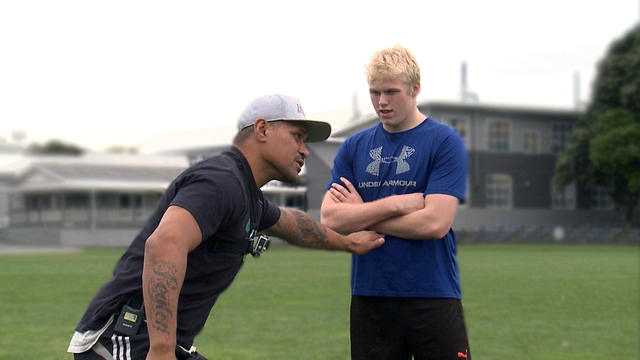
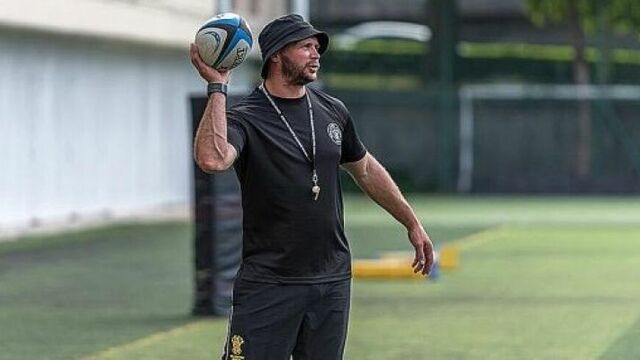
.jpg)
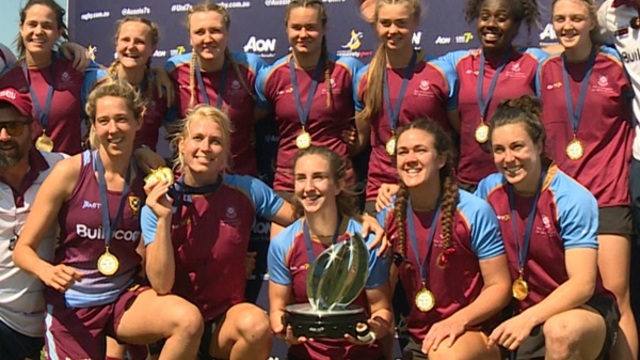
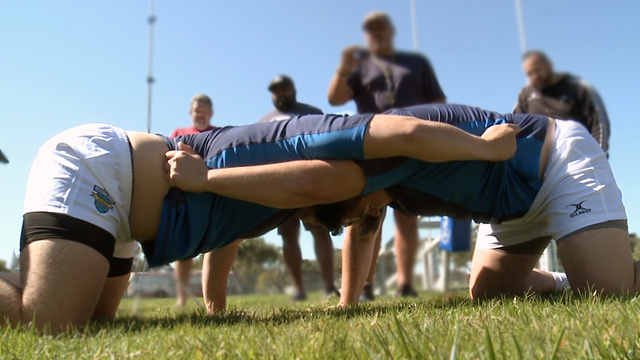
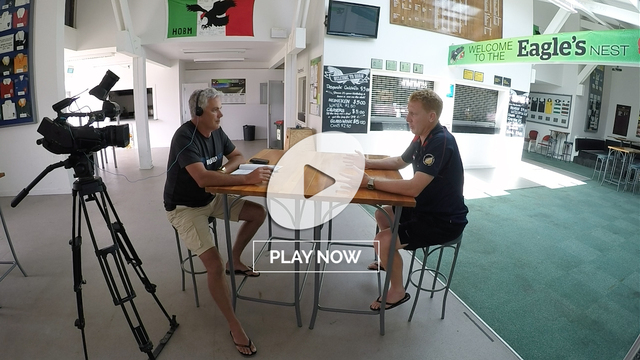

.jpg)

